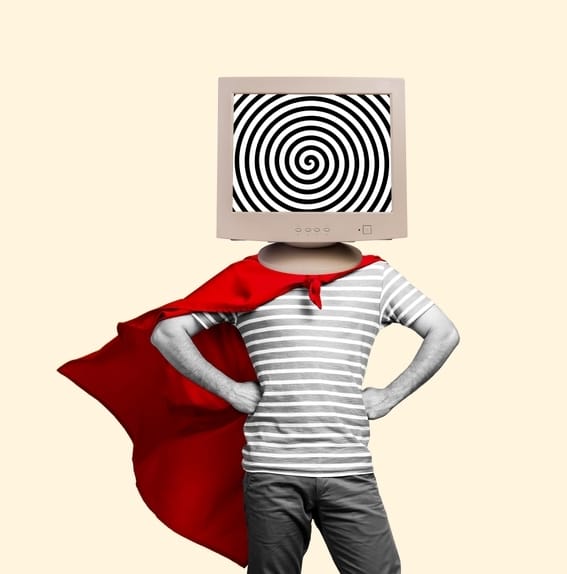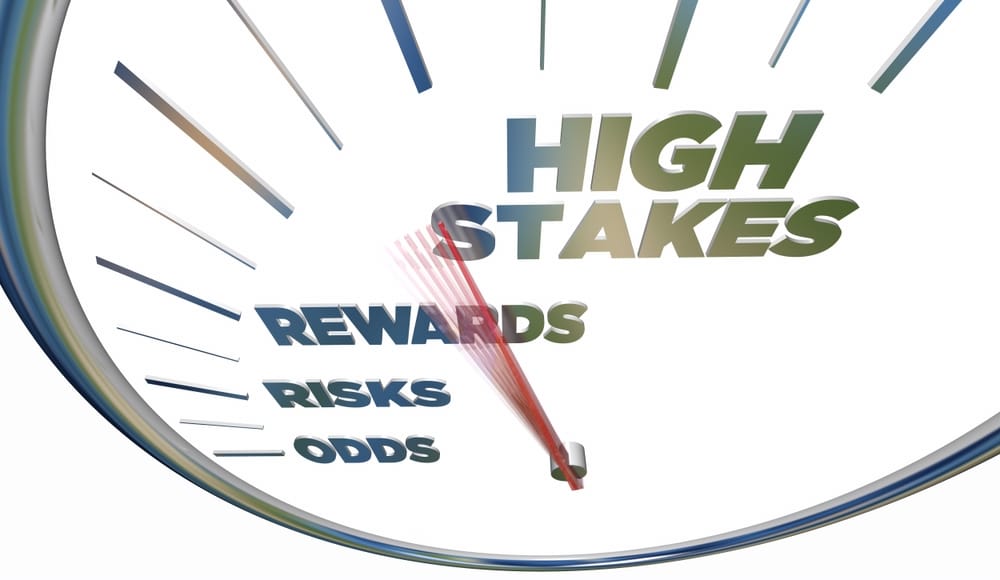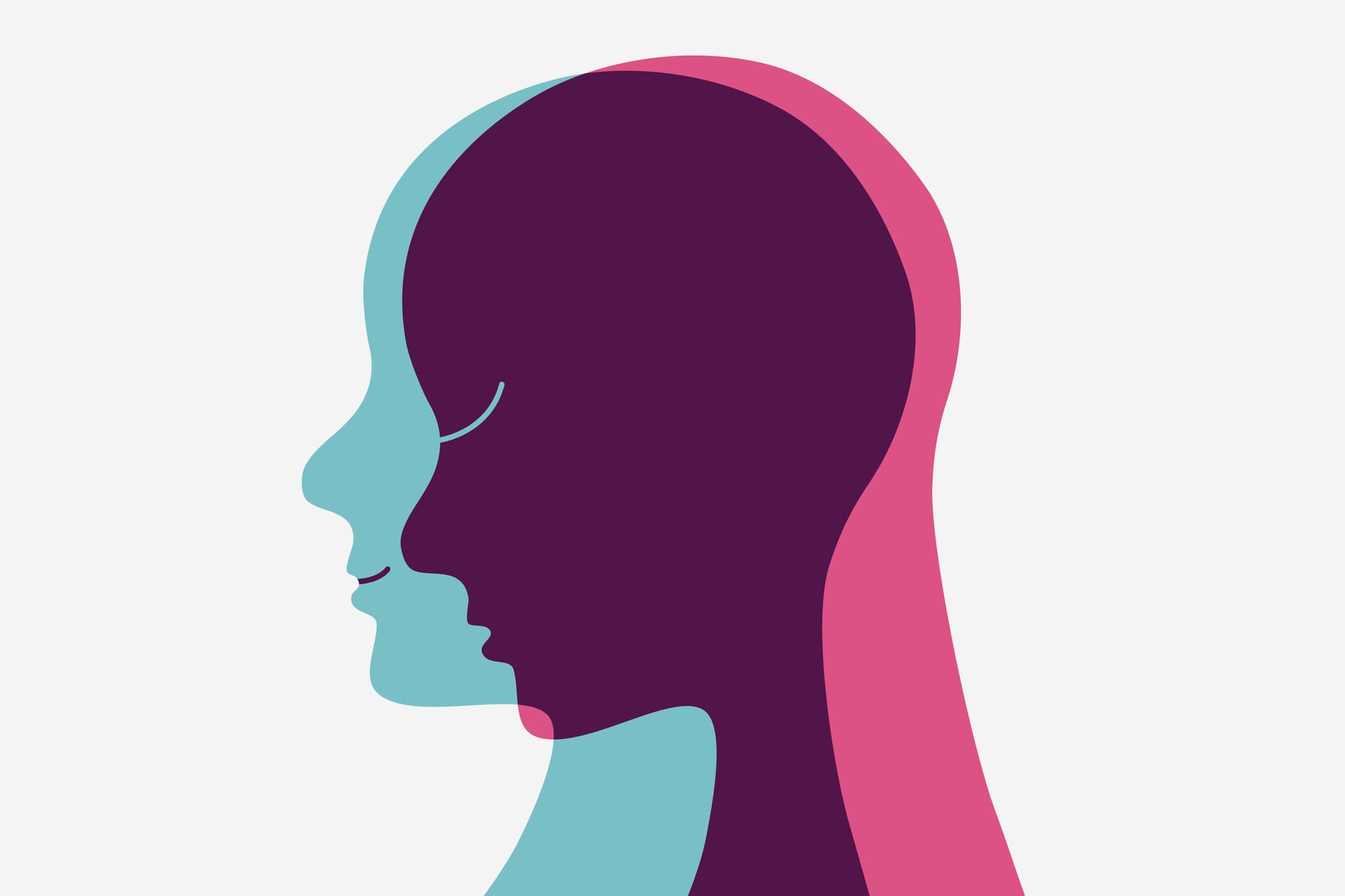
GIFT CHANNELLING
We need to do more for neurodivergent children in NZ
A large number of children across primary and secondary school in New Zealand aren’t having their learning needs met. I see it every day through my work at ACORN. We support around 225 families a year across Tāmaki Makaurau, and too many of the children we serve aren’t able to access full-time support. They can only attend school for a few hours a day—when a teacher aide is available. That’s not sustainable, and it denies them a basic human right.
Enormous need:support gap
Intervention before age 5 is critical
I believe deeply that early intervention is key. International research backs it up—but so does my lived experience. When we identify children under five and provide direct support—not just consults with teachers or parents—they have a real chance to make developmental gains and even catch up with their peers.
Lacking smart policy
Too often, we’re the ambulance at the bottom of the cliff. We work with teenagers with extreme behaviours who’ve never had any formal support. Many of them end up in Oranga Tamariki care or in the youth justice system. I can’t help thinking: we could have identified them at two years old.
My call to action:
FUNDING GIFT CHANNELLING
ACORN survives on a mixed model—75% of our funding comes directly from families who pay out of pocket. The remaining 25% is philanthropic. That makes access deeply inequitable. The burden is entirely on parents, and most simply can’t afford what their kids need.
Kiwis left behind
We’re falling behind. I’ve had clients from India, Romania, Armenia, Sri Lanka—even just across the ditch in Australia—who tell me they had more support there than they do here in New Zealand.
I’ve lived this personally, too. My son received 20 hours of government-funded therapy per week when we lived in the US. After moving here, it took months just to get him assessed—and the outcome was 30 minutes of speech therapy every three weeks. That’s the difference.
If we support these children rigorously and early, we’re not just helping them survive—we’re channelling the gift of neurodiversity into positive, powerful futures. That’s what this is about.


